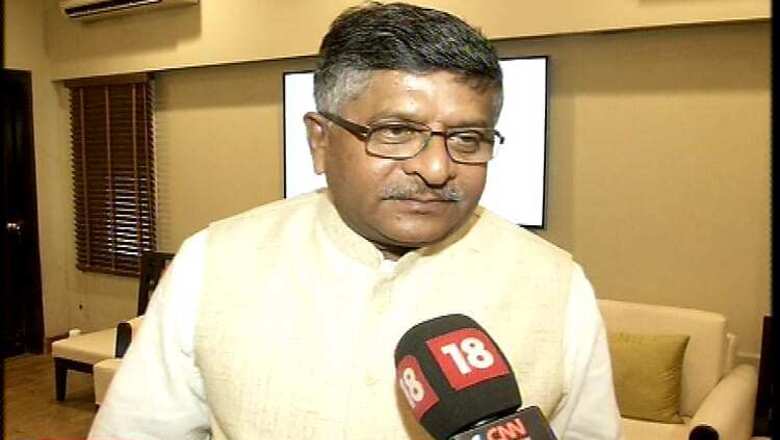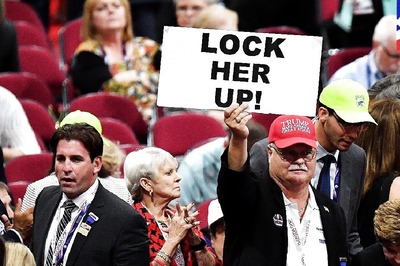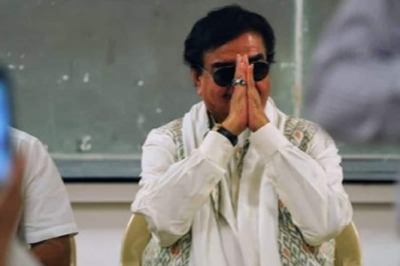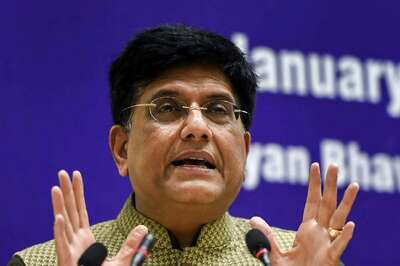
views
Scrapping the new controversial Draft National Encryption Policy proposed by the government, Information and Technology Minister Ravi Shankar Prasad said that the government is withdrawing the same to avoid any ambiguity among the users.
A new draft of the policy will be issued soon after considering all aspects to secure the internet consumers. "In view of the concerns raised, I have written to Department of Electronics & Information Technology (DeitY) to withdraw the draft, and reword it appropriately," he said.
He also added that the government backs freedom of social media. "Our government supports social media. We respect the right for expression and articulation," he said.
Clarifying the government's stand, Prasad said that the purport of the Encryption Policy relates "only to those who encrypt, not to ordinary consumers."
He also said that the policy was only a draft and not the opinion of the government. "The Draft Encryption Policy released on Monday is only a draft, and not the view of the Government . We need to acknowledge that cyberspace transactions are rising enormously
The draft policy which claimed that it was aiming to encourage use of encryption and intends to put regulations in place for the purpose.
According to the original version of the draft policy, users of services that use encryption to secure communication, such as WhatsApp and other instant messaging services, could have been required to store all their communication for as long as 90 days and make them available to law enforcement agencies when legally asked to.
Buckling under public pressure the Department of Electronics & Information Technology (DeitY) took a U-turn and issued an addendum to the original draft clarifying that "mass use encryption products, which are currently being used in Web applications, social media sites, and social media applications such as Whatsapp, Facebook, Twitter," will be exempted, along with "SSL/TLS encryption products being used in Internet - banking and payment gateways as directed by the Reserve Bank of India."
The draft policy said that that service providers using encryption technology or those providing such services in India "must enter into an agreement with the government for providing such services in India."
A large number of communication and other services use some form of encryption which means that thousands of companies around the world providing such services will be required to enter into an agreement with the Indian government, something that experts think is unrealistic.



















Comments
0 comment